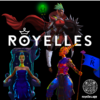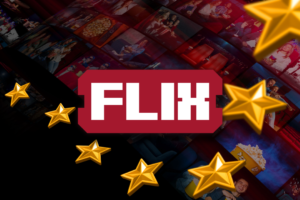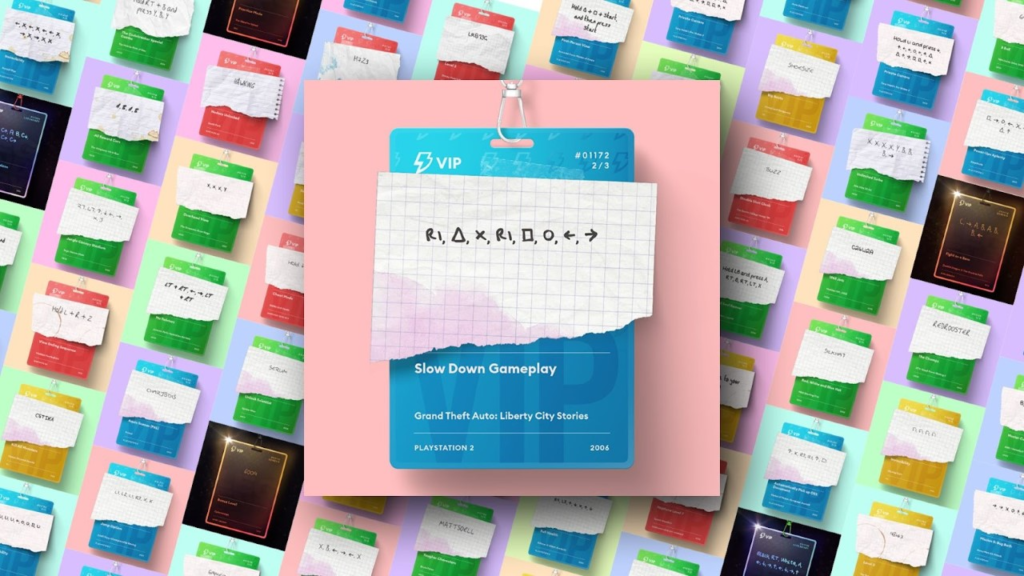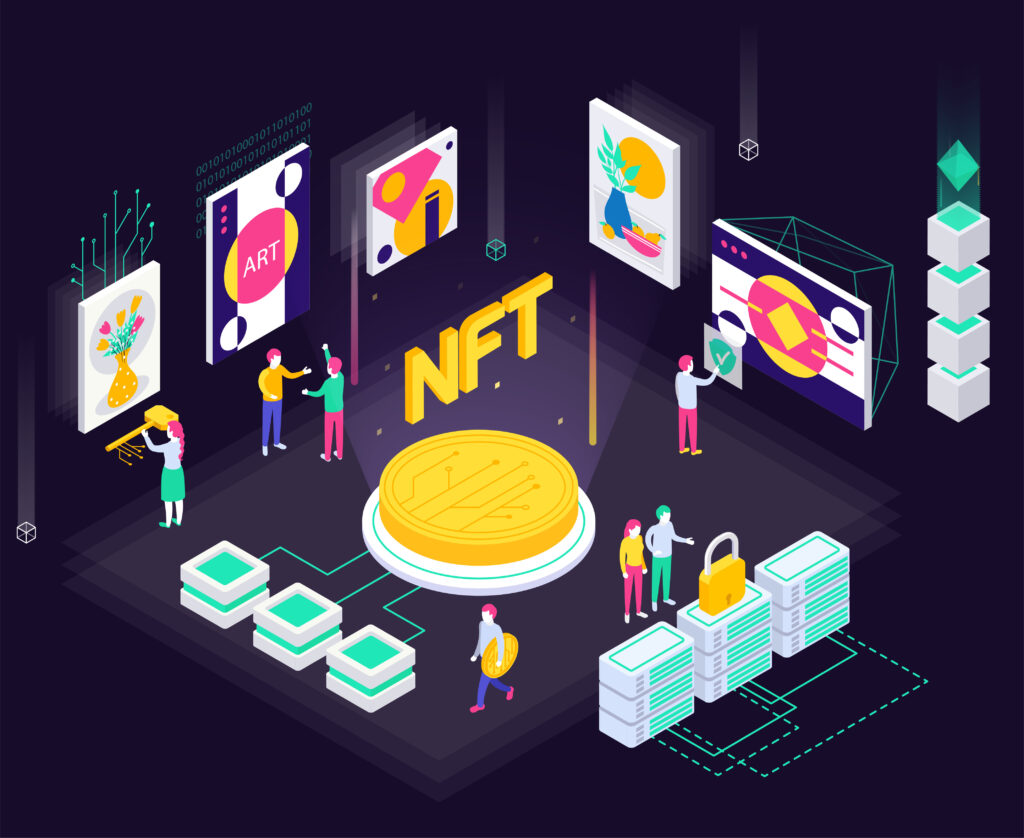
5We’ve all heard the expression “if it ain’t broke, don’t fix it.” But lately that seems to apply less and less to many of our existing systems. From banking and education, to advertising and politics; wide scale reparations are needed. But how do we go about fixing these defective models? Enter the blockchain.
What’s been labeled the most revolutionary technology since the internet, many of us are still struggling to understand how it works, let alone get our heads around how far reaching its implications may be.
But just like AOL and email were to the internet, cryptocurrency is just the first in one of blockchain’s many uses. “Blockchain has legitimate potential to change the world,” wrote Drew Prindle at Digital Trends, and it seems, he could be right. Here are at least five broken systems that the blockchain can potentially fix.
The Supply Chain
The supply chain is full of gaping cracks and black holes industrywide. Product markups, missing merchandise, currency conversions, inaccurate recording keeping, or failure to comply with agreed-upon terms can all be fixed with blockchain technology. As a public ledger available to all, updating in real time without human interaction, there’s no longer the opportunity for occurances to go undocumented or unaccounted for.
By operating with an “if/then” logic, (if you provide 100 kilos of bananas, then I will transfer X funds into your account), smart contracts can enforce the terms without human interaction or manipulation. Once a transaction is made it is irreversible. Not only does blockchain have the potential to wipe out corruption and increase accountability, it can cut out the middlemen, making for cheaper products for the end user.
Cybersecurity
There have been plenty of headlines about hacking scandals and fraud. Research by Ernst & Young found that some 10 percent of all ICO funding had been stolen. The problem is not with the technology itself, however, but with the secondary software built to store cryptocurrency, including wallets, exchanges, and custodial services.
Andrew Hinkes, adjunct professor at NYU Law School and practicing attorney with a focus on blockchain, explains, “Generally speaking, blockchains create an audit trail of all activity by its participants, which simplifies access control and monitoring.
Blockchains can also be used for hardware and software version control and sourcing, which can simplify version control and updating issues. Using a public blockchain with proof of work consensus can remove the foibles of human mistake or manipulation.”
Online Advertising
Most of us hate advertising online. In fact, some 40 percent of all Millennials use adblockers when surfing the net. But beyond annoying pop-ups, the severity of the problem in the advertising industry is starting to come to light. A German court recently ruled that Facebook’s use of personal data and privacy settings was illegal. The Center for Humane Technology has been established in an attempt to protect people’s privacy and curb their tech addition.
Using the blockchain could soon put an end to these problems, as it democratizes data due to its transparency and decentralization. No one company is able to own or sell your personal data anymore. This means that not only are people allowed to manage their own data but they can monetize it as well, thanks to blockchain’s ability to record micro fragments and create new value opportunities.
Monetization of even the smallest amounts of data becomes possible, from the number of steps you’re taking daily recorded in your Fitbit, to how many times you click a certain ad. More and more companies are allowing consumers to authorize their data use, and monetize it by dealing directly with the companies who want to buy it. Advertisers get the data they need and consumers are rewarded for it, while having control over who uses it and how.
The Underbanked
The financial system has many problems, beyond high transaction fees, conversion rates, and transfer delays, many people are not being granted access. Larry Boyer, Certified Business Economist and President of Success Rockets comments, “One of the most promising uses for pure currencies is to help people who don’t have access to the traditional banking system. In the US, that is the rural and urban poor and developing countries.”
The unbanked can also engage in global commerce thanks to cryptocurrency. Currently, for example, it’s not profitable for the traditional banking system to service customers below a certain threshold. But with cryptocurrency, a poor farmer in Kenya or Colombia can prove creditworthiness by having the cryptocurrency in their wallet. This will open up the entire market for companies and allow more and more people access to goods and services.
Elections
We may never know what really happened in the 2016 elections, but with accusations of fraud being hurled from one side to the other, imagine if we could put an end to voter fraud once and for all? And in developing countries where rigged elections and violent protests are often par for the course, blockchain’s immutability can guarantee clean elections.
Companies like Follow My Vote make sure that all votes are permanent and impossible to tamper with. Thanks to the decentralization of the blockchain, it would be practically impossible for hackers to break in and skew the results. Since every block in the chain is linked, they would need to simultaneously change the entire blockchain, a virtually impossible feat.
The blockchain is set to revolutionize many areas of our lives for the better. And if we can put it to good use fixing just one broken system in our society, we’ll be on the right path to making amends for our current failings.
















Quality content is the key to attract the users
to pay a visit the web page, that’s what this website is
providing.
It’s remarkable to pay a quick visit this site and reading the views of all friends
about this piece of writing, while I am also eager
of getting familiarity.
I was recommended this blog by my cousin. I am not sure whether this post
is written by him as no one else know such detailed about my trouble.
You’re incredible! Thanks!
I think the admin of this web site is truly working hard
in favor of his site, as here every information is quality based material.